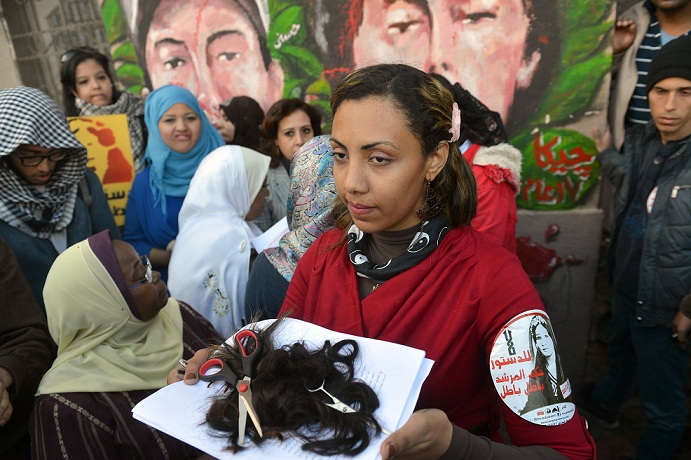On 25 November every year, the world celebrates the United Nations (UN) designated International Day for the Elimination of Violence against Women.
This year, the situation regarding violence against women is worse due to the unprecedented lockdowns caused by the novel coronavirus (COVID-19) pandemic. With global closures and people spending more time at home, countries across the world have reported increased cases of domestic violence.
Thus women rights activists and organisations are calling for action to be taken to protect young girls and women from the violence they are exposed to.
The theme for this year is “Orange the World: Fund, Respond, Prevent, Collect!” As in previous years, 2020 will mark the launch of 16 days of activism that will conclude on International Human Rights Day, which takes place on 10 December.
Several public events are being coordinated for this year’s celebration, including iconic buildings and landmarks going orange, to recall the need for a violence-free future.
“Violence against women and girls is a global human rights challenge, and the COVID-19 pandemic has further exposed this issue as a global emergency requiring urgent action at all levels, in all spaces and by all people,” said UN Secretary-General António Guterres, “The social and economic fallout from the pandemic is disproportionately pushing women and girls into poverty, and the risk of violence against them is rising.”
Guterres added, “In April this year, I urged the international community to work to end the shadow pandemic of gender-based violence once and for all, and I reiterate and relaunch that appeal today.”
He said that the global community needs to hear the voices and experiences of women and girls, and take into account their needs. This is particularly important for survivors and those who face multiple and intersecting forms of discrimination.
“We must also prioritise women’s leadership in finding solutions and engage men in the struggle,” he assured.
He said that action must involve predictable and flexible funding for women’s rights organisations, who so often act as first responders during crises.
It is critical that services for survivors of violence remain open, with adequate resources and measures in place to support health, social and justice responses.
He explained that these measures should not only focus on intervening once violence against women has occurred.
They should work to prevent violence occurring in the first place, including through addressing social norms and power imbalances. Police and judicial systems also need to increase accountability for perpetrators and end impunity.
He finished by saying that the world needs to redouble its efforts to eradicate gender-based violence forever.



